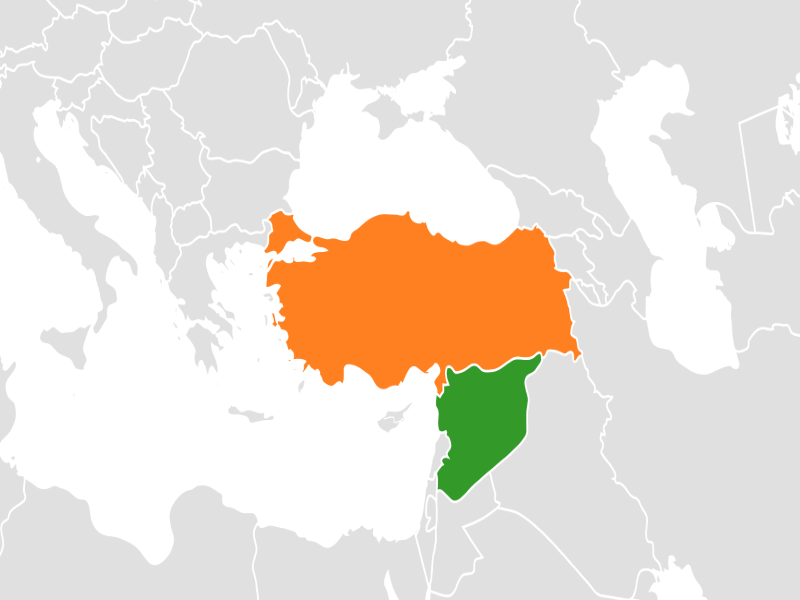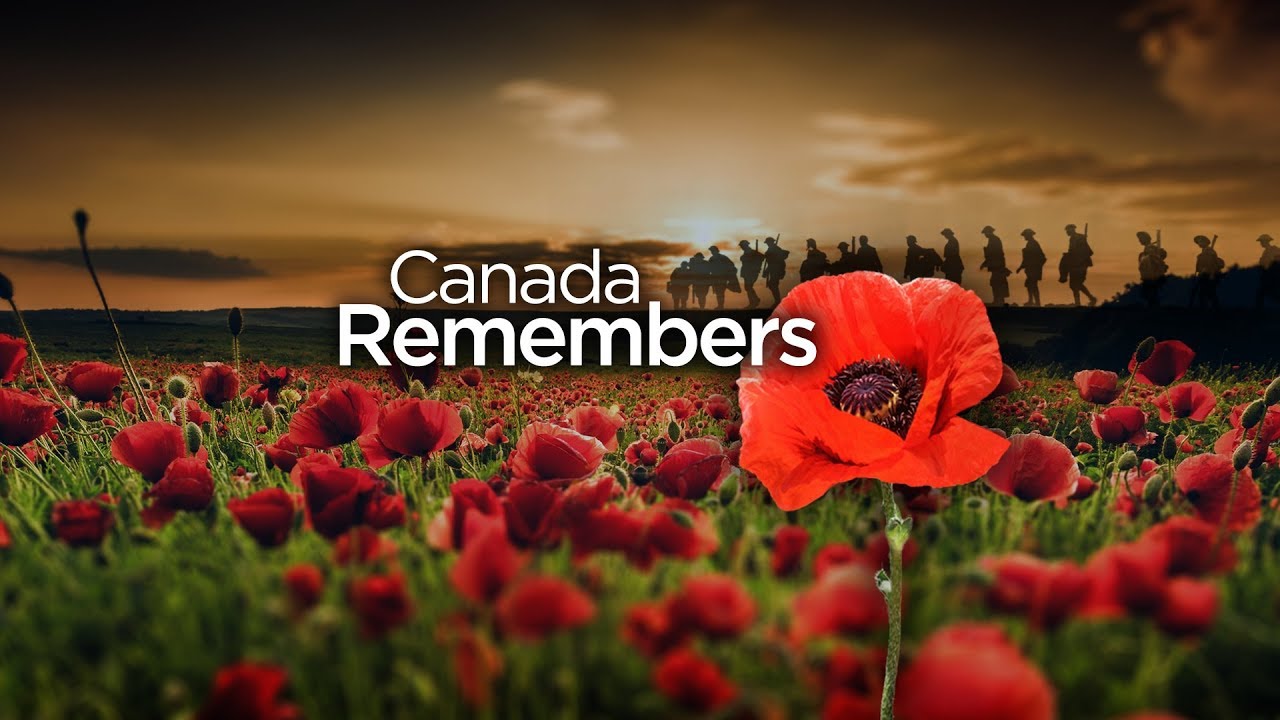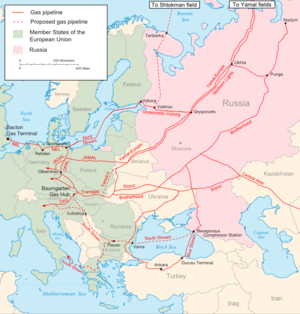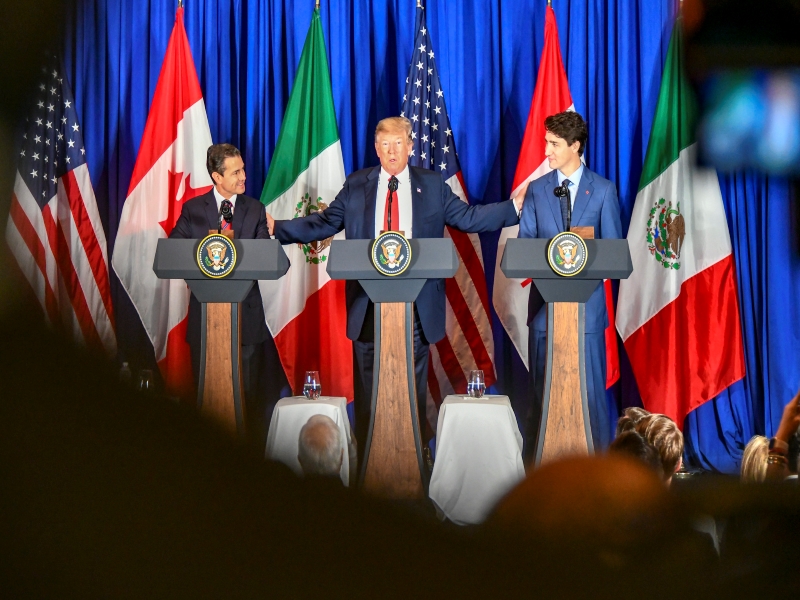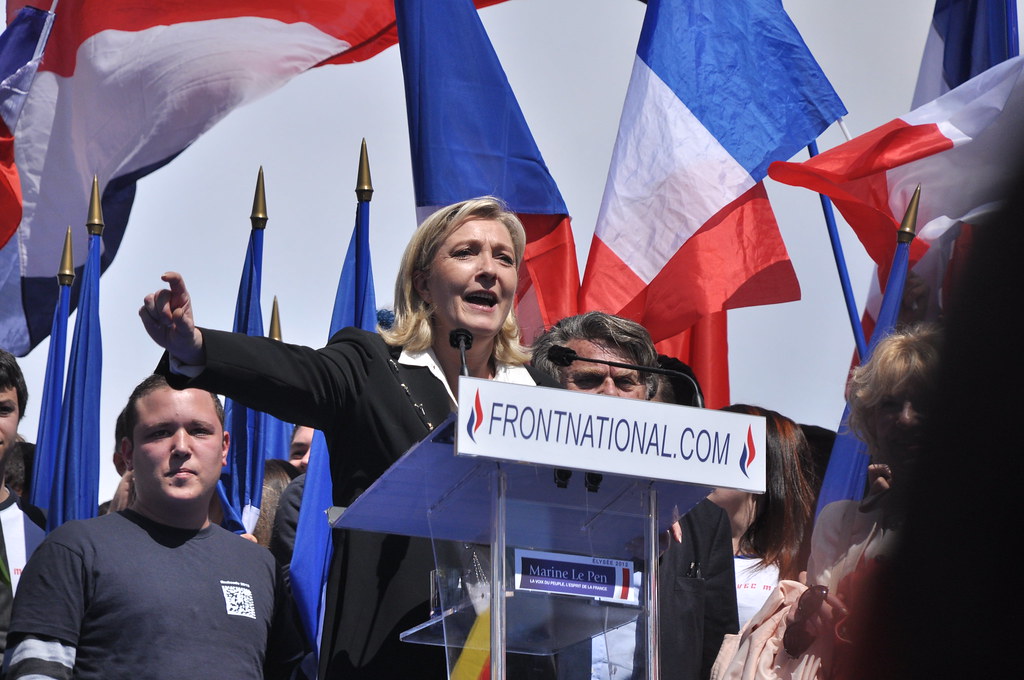In this article, James Cho argues that the first step of understanding a nation’s behaviour is to understand its interest. He suggests that the the U.S’s changing strategy towards the Middle East is an example.
4. Programs
placeholder for programs
Words with a Veteran: Why Canadian Sacrifices Still Matter
A recent conversation with a Canadian WWII veteran reminded me that truly remembering Canadian sacrifices entails more than simply placing a pin through a hole.
Why Gendered Corporate Social Responsibility Should Be Legally Binding
The concept of Corporate Social Responsibility (CSR) calls on companies to take into consideration the social impacts of their actions, and includes aspects of philanthropy, company accountability and stakeholder relations. CSR is a suggestive measure which incentivizes companies to carry out their company activities in a way that is mindful of the social environment in Read More…
The new European Commission and the Future Role of Gas in Europe
The natural gas portfolio of the new European Commission (EC) seeks to ensure security of supply throughout Europe. Simultaneously, it has to determine a role for natural gas towards the envisioned carbon-neutral EU economy of 2050. The EU was first compelled to advance the supply-security aspect of natural gas after the 2006 and 2009 interruptions Read More…
The Impact of the Interest Rate Cut by the US Central Bank on Canada’s Economy
The US Central Bank has cut down its interest rate three times this year. What is the Bank of Canada’s next decision and it’s impact on Canada’s economy?
Corporate Self-Defence in the Wild West of Cyberspace
What risks do governments face when barely any international regulations guides private sector actions in cyber space?
How The Gendered Wage Gap Impacts Ethnic Minorities
The gendered wage gap has been a persistent hindrance to women’s economic independence and is a product of the patriarchal structure of modern society. As early as 1883, the wage gap between men and women was protested by the Western Union Telegraph Company, who went on strike to ensure “equal pay for equal work”, aligning Read More…
Diaspora Diplomacy: India’s Global People Power As An Asset of Its National Strategy
India has the world’s largest diaspora population – impacting remittances, military operations, political advocacy, and even Indian grand strategy itself. How does India choose to engage with this diverse community, and what benefits does that engagement bring?
How Developed Countries are Using Preferential Trade Agreements to Address ‘Unfair Trade’ Concerns
In this article, Dan discusses how many in developed countries believe that workers in their jurisdictions have been negatively impacted by trade, primarily as a result of labour cost differences between developed and developing jurisdictions. Whether justified or not, the ‘unfair trade’ complaint has been adopted by politicians in developed countries, many of whom have tried to address disparities in labour cost through bilateral and plurilateral trade agreements with developing countries.
Rassemblement National: Changes and Continuities Under Marine Le Pen
The French Rassemblement National has long been one of the largest populist radical right parties in Europe. In 2011, Marine Le Pen became the leader of the party and started the process of bringing the party into the mainstream in an attempt to get rid of its extremist image. In this special report, I look Read More…

